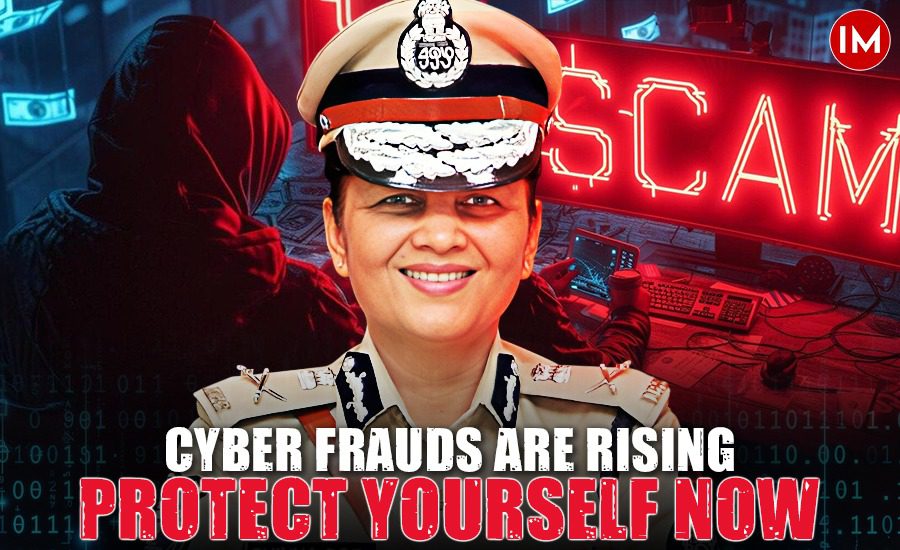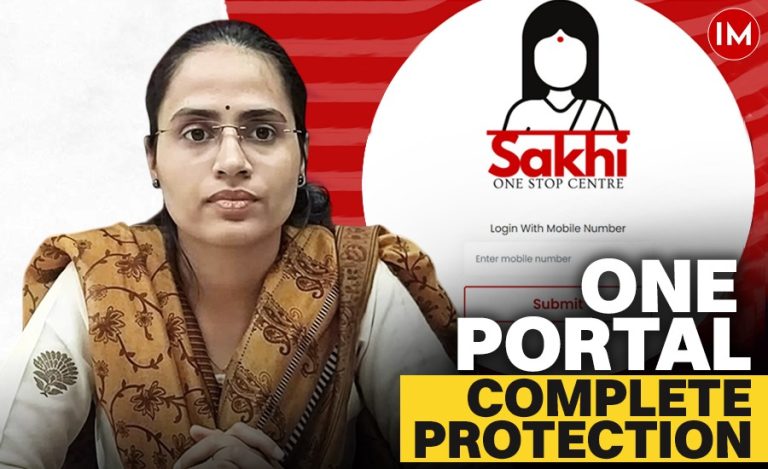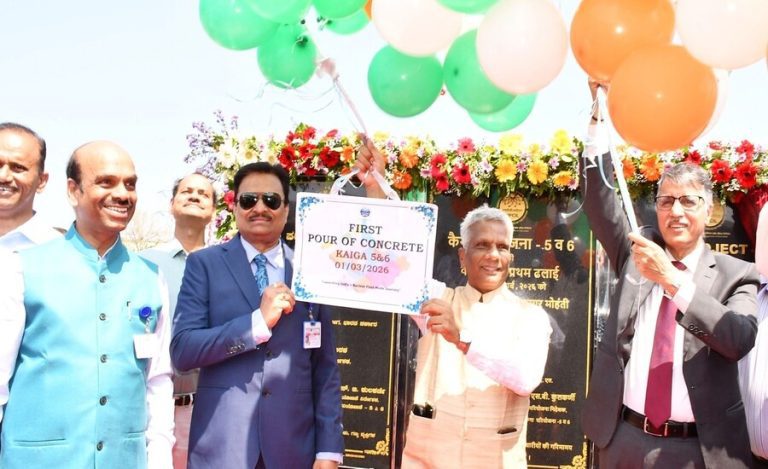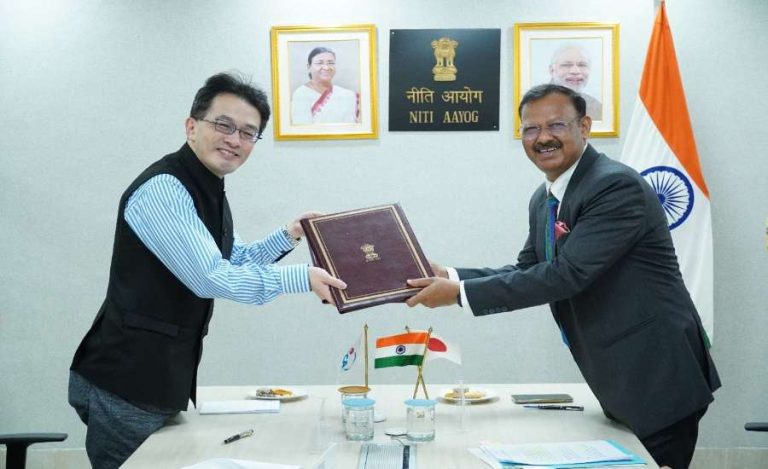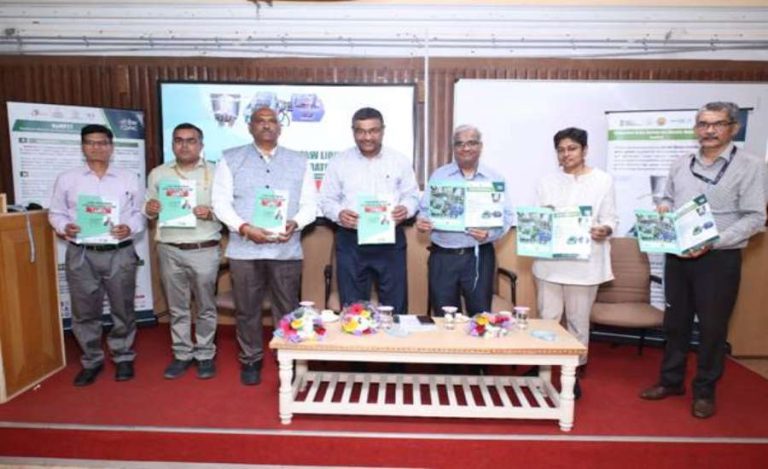As technology becomes integral to daily life, cyber crimes have moved from distant headlines to immediate threats affecting millions. From investment scams draining savings to deepfake manipulations targeting women, the digital world is both convenient and perilous. In a recent episode of Indian Masterminds, we spoke with IPS officer Shikha Goel (Telangana 1994 batch), Director General of the Telangana Cyber Security Bureau, to explore the scope of these threats and share practical strategies for staying safe.
Watch 1st Part of the Interview Here –
Ms Goel, who leads the state’s fight against cyber fraud, points to the growing prevalence of investment scams, especially those related to stocks. In Telangana, such scams account for over 20% of complaints and 60% of financial losses. Fraudsters use WhatsApp groups and fake apps to lure victims with promises of high returns. “They exploit greed,” Ms Goel explains, citing a case where a man lost ₹11 crore after borrowing from family members. She emphasises that legitimate investments occur through recognised exchanges and demat accounts, not private links. Early detection requires skepticism: if a deal seems too good to be true, it probably is.
Time is critical for recovery. Ms Goel highlights the “golden hour” for reporting, urging victims to contact national helplines like 1930 or cybercrime.gov.in. These platforms, linked with banks, can freeze funds during transfers. Innovative approaches in Telangana, including lok adalats in coordination with the judiciary, helped return ₹300 crore to victims in 2024-25. “Most cyber crimes are preventable,” she notes, pointing out that fear or greed often drives people to act against their own interests.
The data challenges common assumptions about vulnerability. Over half of victims—56%—are highly educated, including software engineers, doctors, and professors, who spend significant time online. Others fall prey to task-based frauds, like earning small amounts for liking videos. Women face heightened risks, including stalking, morphed images, and deepfakes. Ms Goel advises exercising the same caution online as in real life—scrutinise friend requests, check photo backgrounds, and avoid sharing personal details.
Addressing emerging threats, she clarifies misconceptions around “digital arrests”. No law permits arrests via video calls; scammers impersonate officials to demand money. Victims are encouraged to disconnect and insist on official procedures.
IPS Shikha Goel also calls on tech experts and startups to contribute solutions, emphasising that awareness remains the most effective defence. Simple precautions—avoid strangers, protect financial information, stay vigilant—can prevent most cyber crimes. As the digital world grows, cyber safety is no longer optional; it is essential for safeguarding everyday life.

